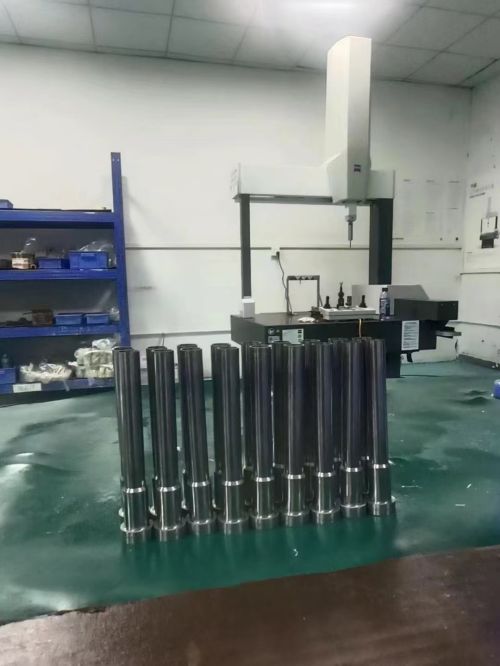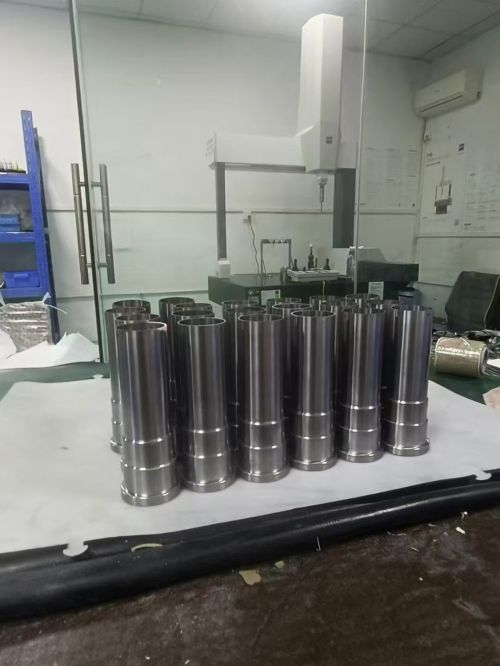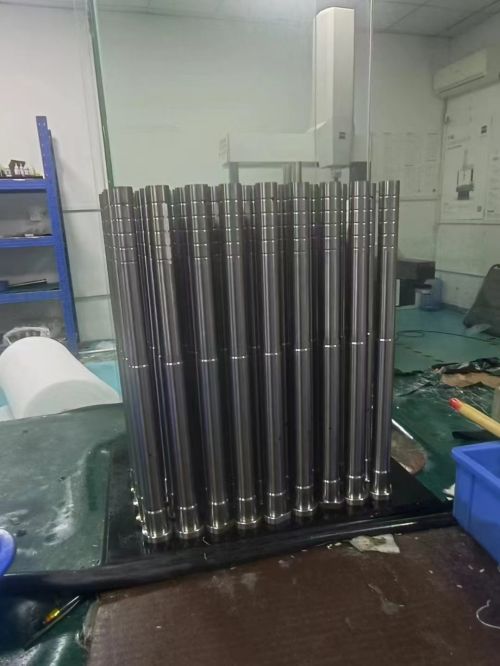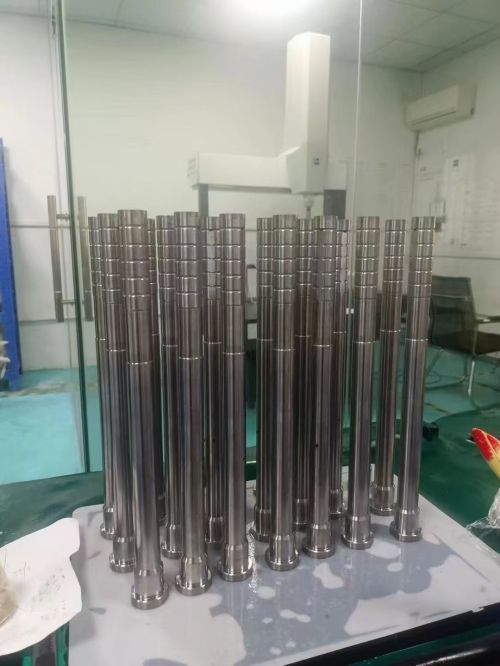How Are Precision Ejector Sleeves Manufactured?
Precision ejector sleeves are critical components in plastic injection molding and die casting. They play a vital role in the ejection system by ensuring the smooth and accurate release of molded parts from the cavity. For manufacturers seeking consistency, extended mold life, and minimal wear, precision ejector sleeves are indispensable. But what exactly goes into the manufacturing of these high-precision mold components? In this article, we’ll explore the step-by-step process of producing precision ejector sleeves, the materials used, quality standards, and how to choose the right supplier for your production needs.
What Are Precision Ejector Sleeves?
Precision ejector sleeves are cylindrical tubes installed in mold cavities to guide and support ejector pins during the ejection process. Their main functions include:
Reducing friction between the ejector pin and the mold
Increasing the service life of both pin and mold
Enhancing ejection accuracy and part quality
Compared to standard sleeves, precision ejector sleeves offer tighter tolerances, better surface finishes, and superior wear resistance—ideal for high-volume production environments.

Step-by-Step: How Are Precision Ejector Sleeves Made?
1. Material Selection
The first step in the manufacturing process is choosing high-quality raw materials. Common materials include:
H13 Tool Steel: Known for its hardness and high heat resistance
SKD61 / 1.2344: Excellent toughness and thermal fatigue resistance
Stainless Steel (420, 440C): Corrosion-resistant options for medical or food-grade applications
The choice of material directly affects the durability and performance of the ejector sleeve in a given mold environment.
2. Cutting and Rough Machining
Raw steel bars are cut to length and undergo rough machining to shape the outer and inner diameters. At this stage, the sleeve is slightly oversized to allow for precision grinding later.
This roughing process usually involves:
Turning (CNC lathe)
Boring
Facing
3. Heat Treatment
To improve hardness and wear resistance, the sleeves are heat-treated. Common techniques include:
Vacuum Hardening
Nitriding
Tempering
After treatment, precision ejector sleeves often reach a hardness level of HRC 45–60, depending on application requirements.
4. Precision Grinding
This is the most critical phase. CNC cylindrical grinders are used to achieve extremely tight tolerances (±0.005mm or better). Both the inner and outer diameters are finished to meet exact dimensions and roundness.
Surface finish quality is also improved at this stage to reduce friction during actual mold operation.
5. Polishing and Surface Coating (Optional)
To further enhance longevity, some manufacturers apply:
DLC (Diamond-Like Carbon) Coating
PVD or TiN Coatings
Mirror Polishing
These coatings provide better lubricity and anti-corrosion properties, which are especially useful in aggressive molding environments.
6. Quality Control and Inspection
Every precision ejector sleeve undergoes rigorous quality checks before packaging:
Dimensional inspection (CMM or micrometer)
Concentricity and roundness testing
Hardness testing
Surface finish analysis
Only sleeves that pass these stringent checks are approved for shipment to ensure zero-defect performance in the field.

Why Precision Matters in Ejector Sleeves?
In injection molding, even a slight variation in size or roundness can lead to:
Mold damage
Part deformation
Premature sleeve or pin wear
Downtime during production
Precision ejector sleeves ensure the pin glides smoothly, reducing the risk of galling and extending mold life. For companies operating high-volume production lines, investing in precision pays off through lower maintenance costs and better product consistency.

How to Choose the Right Precision Ejector Sleeve Manufacturer?
Not all ejector sleeve manufacturers are created equal. When sourcing precision ejector sleeves, consider the following:
Key Criteria:
Experience with mold components manufacturing
In-house heat treatment and grinding capabilities
ISO 9001 certification or equivalent
Support for customization (diameter, length, coatings)
Fast lead times and global shipping
Recommended Questions to Ask:
What materials and coatings do you offer?
What are your typical tolerance standards?
Do you provide sample testing or prototype orders?
Can you handle bulk orders with consistent quality?
Choosing a reliable ejector sleeve supplier can significantly impact your mold’s performance and your production efficiency.

Precision ejector sleeves may be small in size, but they play a big role in ensuring the success of modern injection molding processes. From material selection to heat treatment and grinding, every step in their production must meet strict quality standards. For businesses in automotive, electronics, or consumer goods molding, partnering with a trusted precision ejector sleeve manufacturer can ensure long-term reliability and cost-efficiency. Looking to source high-quality precision ejector sleeves tailored to your application? Don’t compromise—work with a manufacturer that specializes in custom mold components and precision engineering.
precision ejector sleeves ejector sleeve manufacturer custom ejector sleeves


